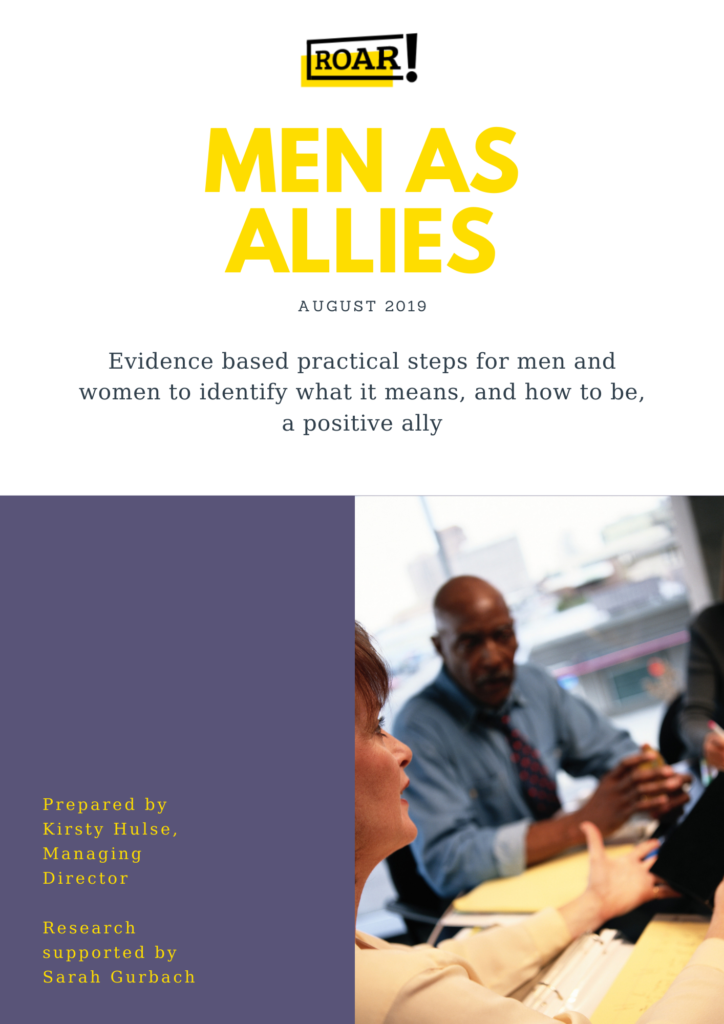Over the course of my career, I have interacted with dozens, if not hundreds, of well-intentioned individuals who struggle to navigate the nuances of what it means to be a “good ally” in the workplace. In other words, there doesn’t seem to be a universally accepted answer to the question how can men* best professionally support women*.
In a world where over half (54%) of women actively feel as though their gender has negatively affected their career progression and 31% of men have experienced a female co-worker being treated unfairly because of their gender, this question is as pertinent today as it was half a century ago.
About a month ago, I noticed a spate of sexism happening in the tech industry and the social response to this varied hugely from person to person. Some people called out the behaviour, intentionally outing and shaming the perpetrators. Others defended the perpetrators as it being old mistakes, stipulating it best to focus on positive change. Others shrugged and said it happens. Some women felt as though we were being spoken on behalf of, others felt supported, some men were outraged, others felt attacked.
The main thing that stuck out to me was that Those contributing in the conversation were, for the most part, well meaning, but it was a mess, and the differences in discourse were making it messier.
We began to research the topic of what it meant to be a good ally for both woman and men, in practical terms. In other words, we tried to define evidence based guidance we can collectively draw upon, when navigating the often complex and nuanced challenge of gender parity in the workplace.
We surveyed over 600 male and female respondents from all over the world, in a range of careers and levels of seniority to define:
- Current perceptions of gender inequality in the workplace
- Current beliefs on how to be better allies
Findings Summary
- There is a disparity between women who feel as though their gender negatively affects their career and men’s perceptions on inequality. 54% of female
respondents believe that their gender has negatively affected their career progression. 65% of of male respondents believe that their female co-workers are treated equally in the workplace. - In support of this, over half (51%) of female respondents report a general sense of wanting to “be believed” when they discuss or report inequality.
- Several male and female respondents reported that the “open sharing of salary information” would help gender parity.
- Wanting progression to be primarily “merit based” is cited as important for both men and women.
- Having an “awareness of bias” and inherent differences is reported as being an important route to gender parity by both men and women.
- Some female respondents think direct action, for sexist behaviour to be “called out”, is a positive route to gender equality. Others respond preferring to “handle it ourselves”.
- Based on this, the recommendation for male coworkers is to ask female coworkers how best they can support the individual, based on her preferences.
- Nearly all (92%) of female respondents report wanting an open dialogue, where issues can be addressed together, discussed on a case by case basis.
The full research and findings can be read in this report
*We recognise that this positions gender as binary, which is reductive. For those who do not identify with this definition of gender, you can find support and information on the topic in the resources section of the report.

